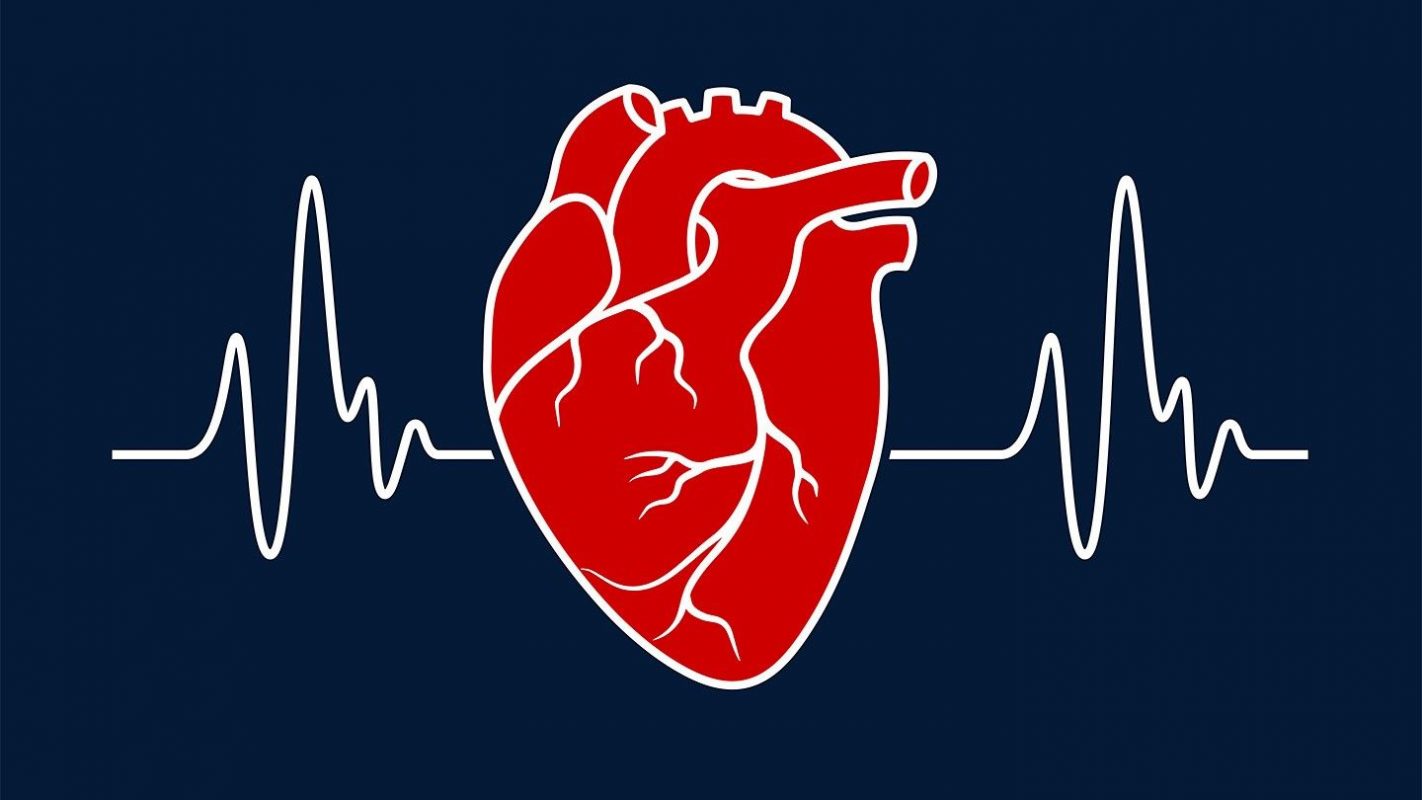Don’t be afraid. Heart failure does not mean a total halt of heart functions. Heart failure, which affects about 5.7 million Americans, means you can not pump blood as it should. A blend of palliative care, hospice care, and medical treatments lower the morbidity rate of congestive heart failure in Tomball. However, in chronic cases, congestive heart failure worsens and descends into end-stage heart failure. We have compiled cardiovascular symptoms and qualified centers to seek treatment.
1. Chronic cough
When there is heart failure, your body fails to keep up with blood flow between the lungs and the heart. The effect is fluid buildup in the lungs, which impedes the normal functioning of the respiratory structures. You may find your cough having pink phlegm. Chronic cough is especially evident when you’re lying down.
2. Disorientation
Congestive heart failure means you cannot pump blood to reach vital organs of the body. Low oxygen levels in the brain coupled with fluctuating sodium levels create confusion and memory loss in severe cases. Memory loss can further worsen anxiety which is associated with end-stage problems.
3. Frequent bathroom visits
You have not consumed a lot of water but still, feel the urge to pee; why? Congestive heart failure causes a fluid backup in the kidney. The only way to get rid of excess fluid in your body is peeing. You may find yourself making frequent bathroom visits at night or when lying down. When you lie down, gravity causes more blood flow to the kidney and induces the kidney to produce more urine.
4. Fatigue
Your circulatory system delivers oxygen and nutrients to your body organs, where they are synthesized to produce energy. However, when you have congestive heart failure, there is limited blood flow and subsequently minimal nutrient flow to your muscles. You may feel weak in your legs or have general body fatigue. Fatigue is the main reason cardiologists initially discouraged aerobic exercises for patients with CHF. However, meta-analysis and systematic review show that aerobic exercise has positive effects in managing heart failure.
5. Lack of appetite
The digestive system’s normal function heavily relies on the circulatory system. Since your tummy receives less blood, the digestive system will not prompt you of hunger, and you may feel full most of the time and nauseous when you ingest food.
6. Edema
Since your heart cannot circulate fluid in your body, it starts to build up in body parts and is portrayed as tender bulges in the legs, ankles, and belly. The extra fluid in your body causes weight gain, which further aggravates heart failure.
7. Shortness of breath
This is the hallmark predominantly of left heart failure. The heart’s inability to pump blood causes fluid backup in the lungs hence the shortness of breath. You may find trying to catch your breath taxing, especially at night or when lying down.
The symptoms do not necessarily mean you have heart failure. However, if you experience any of the above symptoms, you may have it or a related cardiovascular disease. Schedule an appointment at Northwest Houston Heart Center for accurate diagnosis and treatment plans. Experienced cardiologists tailor a client-based treatment plan to help you manage it.








